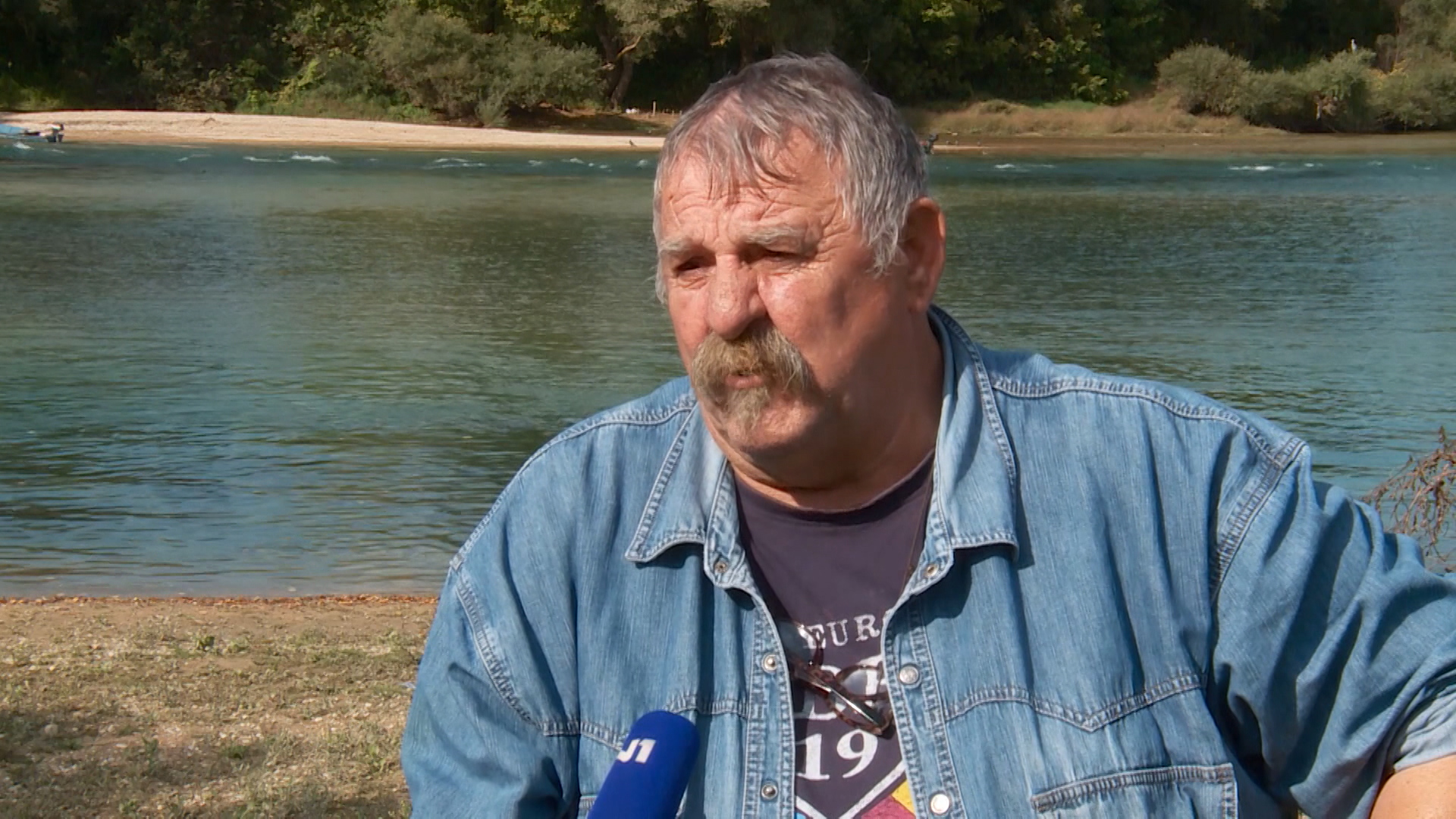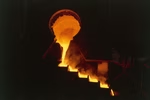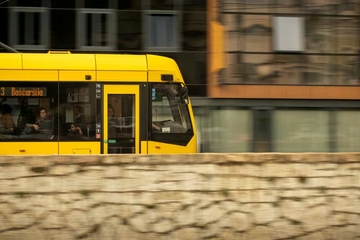Novi Grad could turn into a wasteland because of Croatia's nuclear waste

There are nearly 10,000 fewer people living in the northwestern municipality of Novi Grad than before the 1992-1995 war, and the possibility that neighbouring Croatia might begin dumping nuclear waste at the border near the area is making residents leave in even larger numbers.
Oglas
Croatia has not yet definitely decided whether it will dump its radioactive waste near the border with Bosnia, but Bosnian officials are worried and Croatia is not responding to any of their complaints about the plan.
Bosnia requested in March that Croatia refrains from using the Trgovska Gora area, just across the border to Novi Grad, to store the radioactive waste and that it finds some other location for it.
“The (nearby) Una river is the lifeline of the town. I am here for 65 years already. I learned how to swim under a bridge here. Una was always our life, our everything,” one of the locals from Novi Grad, Zoran Umicevic, told N1 on Thursday.
Oglas
“Una was always God-given, but it seems that God did not look when he gave it to us, as we don’t use it nearly the way we should,” he said.
Umicevic said that some have already left the town because of the announcements that nuclear waste could end up close by.
The issue is not the only reason for people leaving Novi Grad, as Bosnians are leaving the country in masses to look for a better life elsewhere.
“A lot of youth has left,” Umicevic said, adding that his entire family also did.
Oglas
“I only have one little granddaughter left here, because she is going to school, but she will also probably leave if the dump ends up here,” he said, adding that he does not want to risk his six-year-old granddaughter living “near such poisonous nuclear waste.”
Most of the locals share this opinion. According to Croatia, however, such fears are blown out of proportion.
About 300,000 people live along the Una river.
Kakvo je tvoje mišljenje o ovome?
Učestvuj u diskusiji ili pročitaj komentare
Oglas
Kakvo je tvoje mišljenje o ovome?
Učestvuj u diskusiji ili pročitaj komentare
Oglas





 Srbija
Srbija
 Hrvatska
Hrvatska
 Slovenija
Slovenija



























































